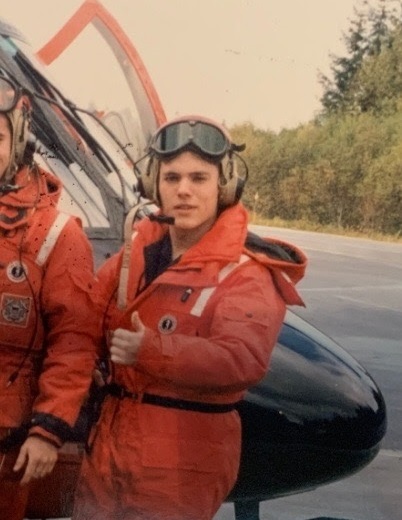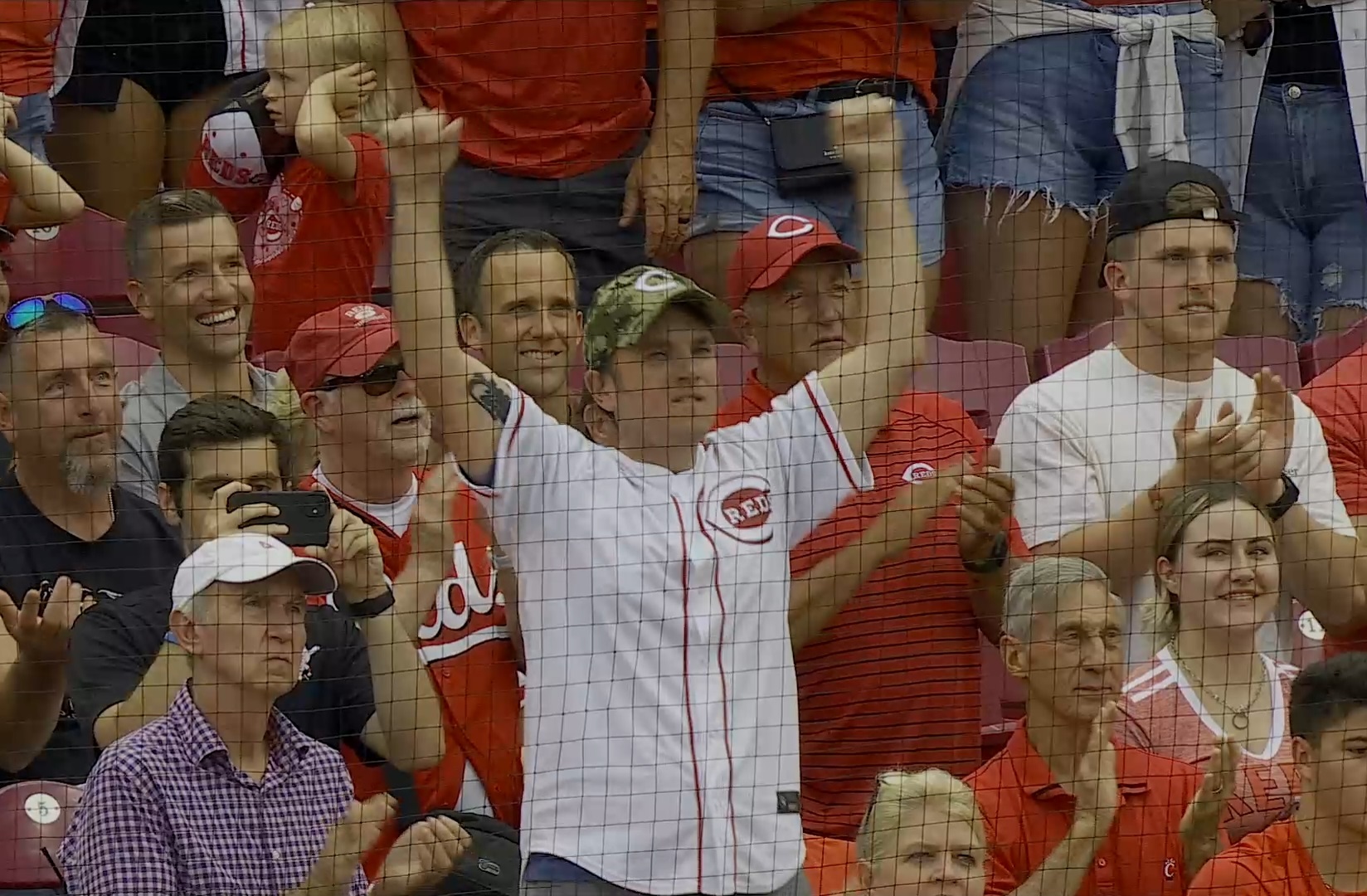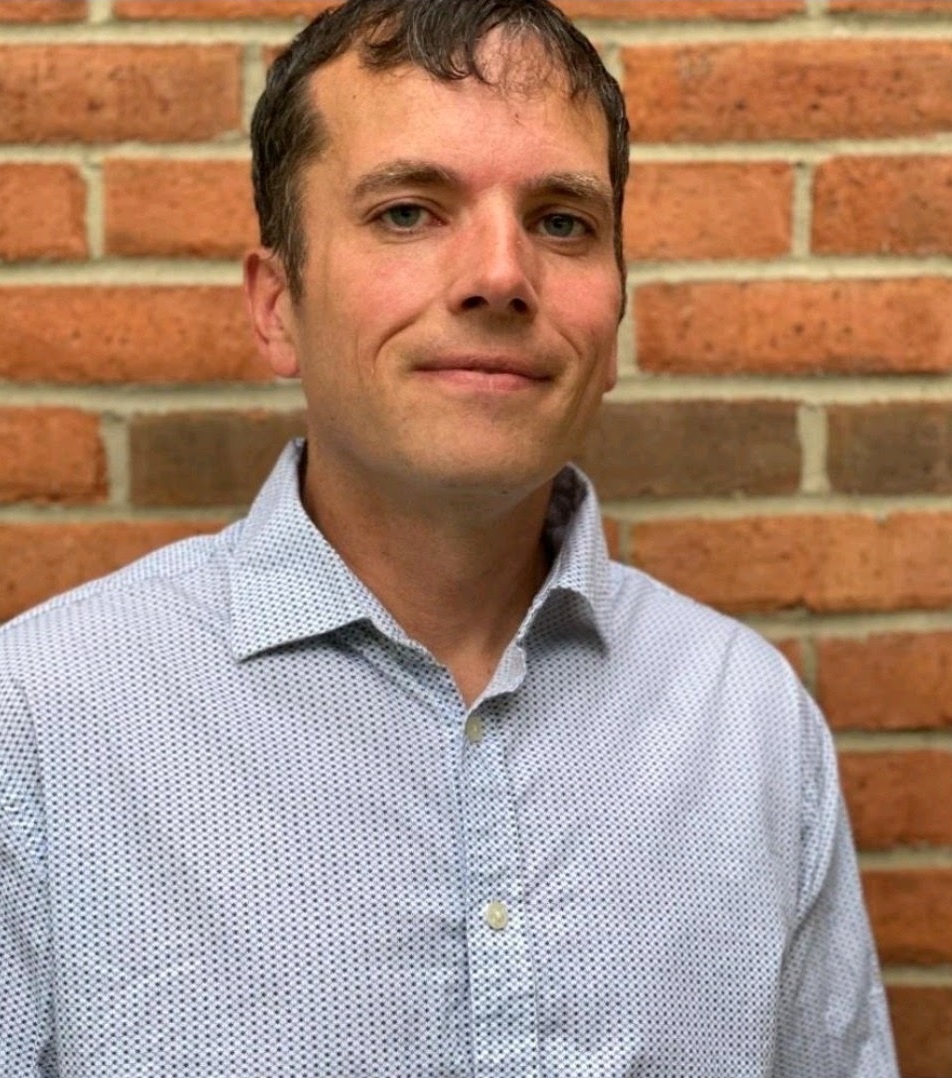Employee Spotlight
October 14, 2022
Jeffrey Gluff, MLIS, AHIP
Research Coordinator
National Center on Homelessness among Veterans
VHA Homeless Programs Office
Q: How long have you worked for VA? What brought you to VA?
A: 
After having a child, we started getting homesick and decided to return to the United States. I started looking for positions that I might be qualified for, and a position came up in at the VA Tampa Health Care System as a medical librarian. I got the job and worked there for five years. After that, I got a position at the VA Cincinnati Health Care System as a medical library director and worked there for about a year and a half.
When I saw the position I’m now in, it sounded like an awesome opportunity to work with the Homeless Programs Office.
Q: What is the National Center on Homeless among Veterans and why is research important to ending Veteran homelessness?
A: I see the National Center as a giant think tank. It's an ever-evolving organization that comes up with innovative ways to combat Veteran homelessness, and the research priorities change every year. We also solicit feedback from stakeholders on what's going on in the field to understand how we can be proactive by combating or contributing to that. We then send out research briefs to keep people aware of what we're doing and why we’re doing it.
Q: What is your day-to-day like as a Research Coordinator?
A: I coordinate a lot of meetings. I get Person A to talk to Person B, take notes, and keep everything organized. I also track how money is being spent and follow the status of the intramural grants throughout the year.
Additionally, I facilitate a Veteran engagement panel every couple of months. We have someone in the Homeless Programs Office present an ongoing program that they're doing, and the Veterans have the opportunity to give feedback on whether they think it will work or offer suggestions on how it could be improved.
Q: Why is it important to incorporate the feedback of people with lived experience?
A: If the presenter has an idea of a program that they feel will directly impact Veterans who are homeless or have previously been homeless, it's pivotal that they get feedback from people who have been in that position. I think it's an important program.
Q: What do you think people often get wrong about homelessness that the science tells us is true?
A: I think there is a common misconception that people are homeless because they choose to be. Maybe it seems like it's just an easier lifestyle than getting a job, but there are so many factors that go into being homeless. It can include a lack of access to proper medication, a lack of information on how to get into housing programs, and a lack of support.
Also, a lot of people need assistance to stay housed, requiring continued support from a caseworker. I think there's a misconception that once a person gets a house, the problem is solved. But in many cases, people experiencing homelessness have substance use disorders or mental health disorders, and those situations need to be monitored closely to keep that person housed. It could be a forever thing.
Q: How has your time working with the Center changed your perspective on homelessness?
A: I might have been as naive as the rest of the public, unaware of the number of resources that are available for people who are experiencing homelessness. Now that I work with the Center, I realize there's a ton of support available. Raising awareness is a very important thing. I think still think we have a long way to go on that because I don't think a lot of people know what resources are out there. That's why our job is important – we need to learn how to market better, advertise better, and work with more outside stakeholders. It's not only raising awareness but expanding the programs we have.
Q: This past summer, you were recently recognized by the Cincinnati Reds as a “Hometown Hero.” What was that experience like?
 A: It was a good dad moment. My friend was sitting in the seats and filmed my kids’ reactions and that was the coolest part about it. They were flipping out and screaming seeing me on the Jumbotron. It's one of those moments as a dad that just kind of like really hits you. It's like, hell yeah, I'm a cool dad, you know?
A: It was a good dad moment. My friend was sitting in the seats and filmed my kids’ reactions and that was the coolest part about it. They were flipping out and screaming seeing me on the Jumbotron. It's one of those moments as a dad that just kind of like really hits you. It's like, hell yeah, I'm a cool dad, you know?
I stood on top of the dugout and they showed a picture of me in my Coast Guard uniform. They talked about how I work for VA for the Center and explained what I do, and it felt really good hearing everyone cheer. To know that I am not only a Veteran, but I'm also working to support Veteran homelessness… It was just an amazing experience hearing everyone clap for that.
Q: What is your “why” for this work?
A: I like how it's ever-evolving and we're constantly shifting our priorities. Part of my job in research is soliciting new ideas. We're constantly discovering what the most important factors are each year, and how we can use them to focus on ending Veteran homelessness.
My why is that I could be doing other things in the VA, but this feels more important. It feels good to care a lot about what I do.

















